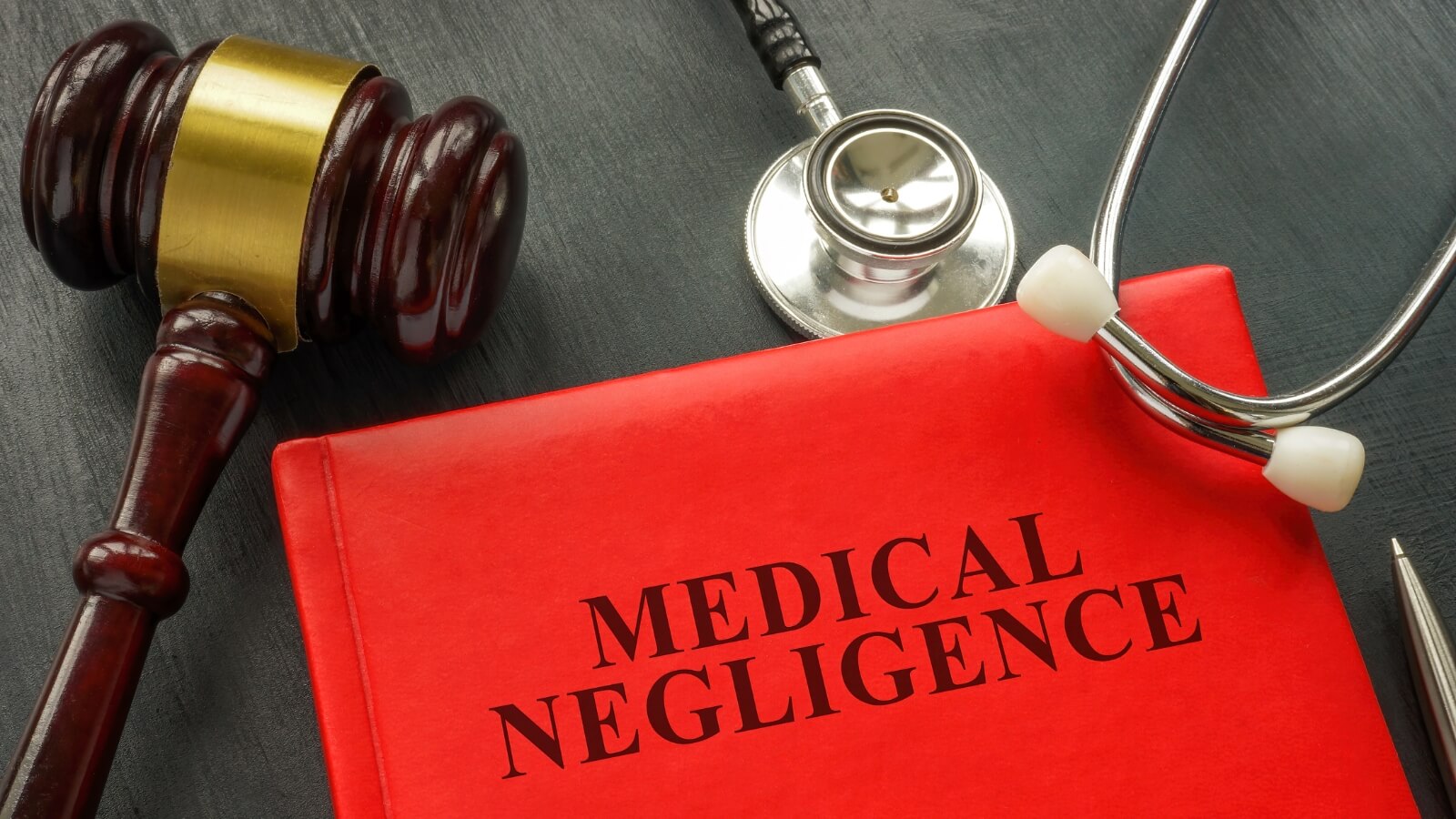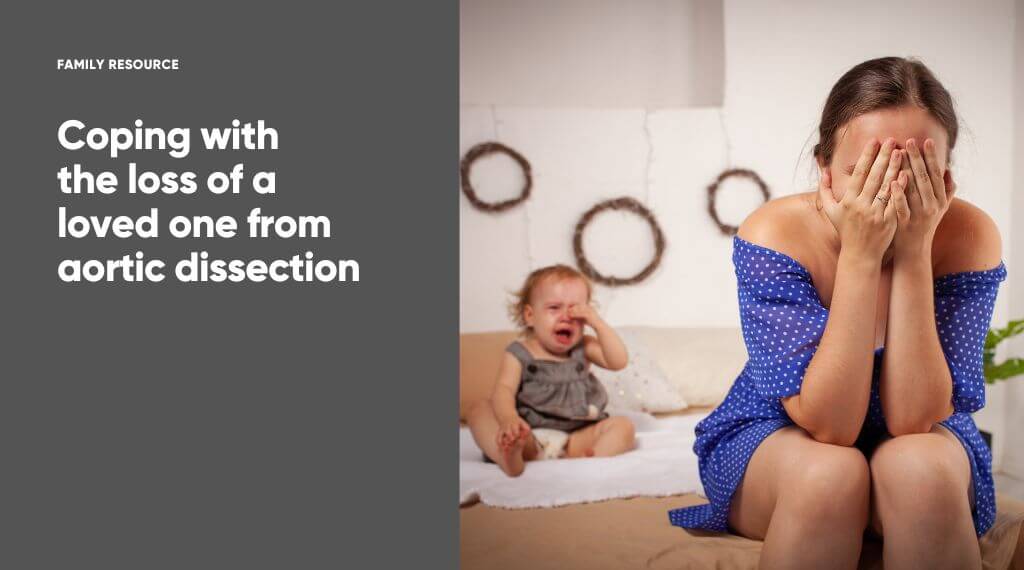Legal Advice and Medical Negligence
Facing aortic dissection is life changing. For some, complications or a loved one’s death may raise questions about the care received. If you believe that a delay in diagnosis or treatment contributed to harm, it is important to understand what medical negligence means and what steps may be available to you. Our aim is to support you with clear information and compassionate direction.
Understanding Medical Negligence
Medical negligence occurs when the standard of care falls below what is reasonably expected, resulting in avoidable harm. In cases of aortic dissection, this might involve missed or delayed diagnosis, failure to recognise symptoms, or inadequate monitoring after treatment. While some complications are unavoidable, others may have been preventable if recognised and acted upon sooner. Understanding what went wrong can be an important part of seeking answers and justice.
The Patient Advice and Liaison Service (PALS) is available in every NHS hospital to offer confidential support and guidance. They can help you navigate the hospital system, answer questions about your care, and explain the NHS complaints process. PALS can also put you in touch with independent organisations for further advice or emotional support. If you have concerns but are unsure how to proceed, speaking to PALS can be a helpful first step. They also share patient feedback with hospital teams to help improve services for others.
What Families and Patients Can Do
If you suspect negligence, it is important to act promptly. You can start by requesting a copy of the medical records. Write down your concerns and key dates while the details are still clear. In the UK, the usual time limit to make a claim is three years from when the negligence occurred or from when it was discovered. There are exceptions for children and individuals who lack capacity.
You may find it helpful to begin by raising your concerns directly with the medical team involved. This can sometimes lead to a clearer understanding of what happened and may resolve some of your questions. If you plan to meet with the staff, preparing a list of questions in advance can help you feel more in control and ensure important points are covered. While you are not required to make an informal complaint before pursuing a formal one, addressing the issue early with those involved can sometimes lead to a quicker and more satisfactory resolution.
Speaking to a solicitor with experience in clinical negligence can help clarify whether you have a case. An initial conversation is often free and can provide reassurance about your options.
Seeking Legal Support
It is important to choose a legal professional who understands the complexity of aortic dissection. They can assess whether the care fell below acceptable standards and if this led to further harm or loss. Many solicitors offer no-win, no-fee agreements, so you may not have to pay upfront. Legal aid may be available in some cases, especially where a death has occurred.
Organisations such as AvMA (Action against Medical Accidents) or the Law Society can help you find a qualified solicitor in your area.


What to Expect from a Legal Case
A legal claim typically begins with a review of the medical records. Expert opinions may be needed to establish whether there was negligence and if it directly caused the harm. Some cases can be resolved through negotiation; others may go to court. Outcomes can include financial compensation, formal apologies, and steps taken to prevent similar errors in future care.
It is not always easy to pursue legal action, but for many, it provides a sense of accountability and a way to move forward.
Emotional and Practical Support
Raising concerns about care is never just a legal issue. It is personal, emotional, and often painful. You may be grieving, caring for someone who has been affected, or living with the consequences yourself. This process can bring up difficult feelings, and it is important to seek support.
We are here to listen and to guide you. We can also help you connect with bereavement support, counselling, or others who have experienced similar situations.
Learning from Claims to Improve Care
NHS Resolution is the organisation responsible for managing negligence claims against the NHS in England. Their role is to resolve concerns fairly and efficiently, supporting both patients and healthcare staff through the process. In some cases, they may offer early resolution, including support with ongoing care needs or access to appropriate medication and services.
NHS Resolution also publishes reports to identify patterns in high-value and fatality-related claims. These findings help the NHS improve safety and reduce the risk of future harm. Our charity has worked closely with NHS Resolution to examine cases involving aortic dissection, highlighting where earlier recognition and treatment might have changed the outcome. We are committed to ensuring that these insights are shared widely, so they inform clinical practice, training, and system improvements. By learning from past cases, we aim to help prevent avoidable tragedies and improve outcomes for future patients.
Further Help
If you need help finding the right support or wish to speak to someone in confidence, please contact us. We can signpost you to legal professionals and support services who understand aortic dissection. You do not have to face this alone.
Coping with the Loss of a Loved One
Losing someone to aortic dissection is devastating. Our compassionate resource offers guidance and support for bereaved partners and families as they navigate grief, emotional healing, and practical matters.



Privacy Policy | Accessibility
The Aortic Dissection Charitable Trust
Registered charity in England & Wales No. 1191420
Registered charity in Scotland No. SC051517
PO Box 812, Hope Valley, Chesterfield S40 9QY
The information and materials on this site are for general information purposes only. This site is not designed to provide individual medical advice, diagnosis or treatment. If you have any concerns, please speak to your GP. If you believe you have a medical emergency, call 999 immediately.

